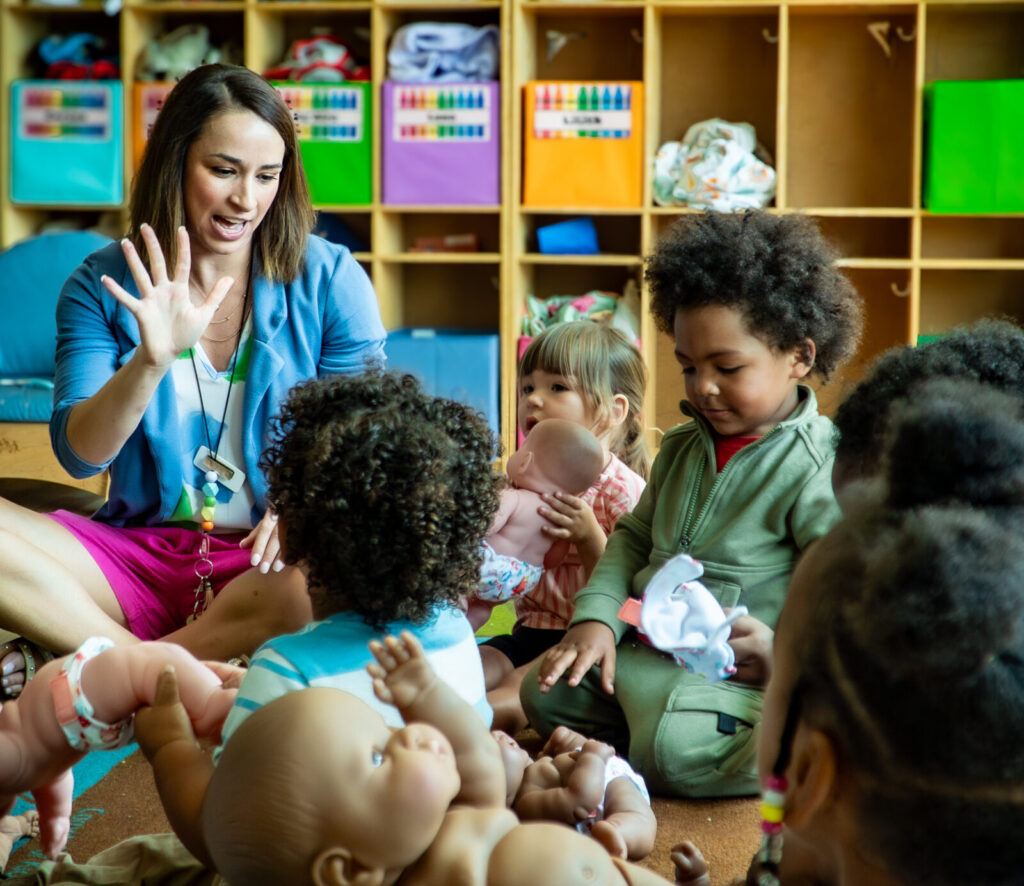What happens when social organizations listen to their beneficiaries?
The social sector is missing out on critical feedback. Here’s how one nonprofit is closing that gap.
What is it like for someone who has spent years feeling overlooked and having their needs dismissed to finally find an organization that listens?
Marquita Harper discovered this while she was living at Our House, a nonprofit in central Arkansas that helps families experiencing homelessness regain stability. One of the services that made a significant impact on Harper was mental health therapy. It had been so transformative for her that she wanted her four children to have the same opportunity.
With three daughters and one son, Harper believed her son needed a male role model and would respond better to a male therapist. “You want to find a therapist that can relate, not just agree,” she said. “And sometimes a female needs a female, and males need males.”
There was just one challenge — Our House didn’t have any male therapists.
So when Our House sent out surveys asking for participant feedback, Harper had a clear message: Hire more therapists and make sure at least one of them is a man.
Was she asking for too much?
Actually, no. “When we got the recommendation that we increase the size of our mental health team, we took that as a signal that the program was working, that it was successful and valued by the people it was designed to serve,” said Ben Goodwin, executive director at Our House. “The biggest issue they had with the program was that they wanted more of it.”
